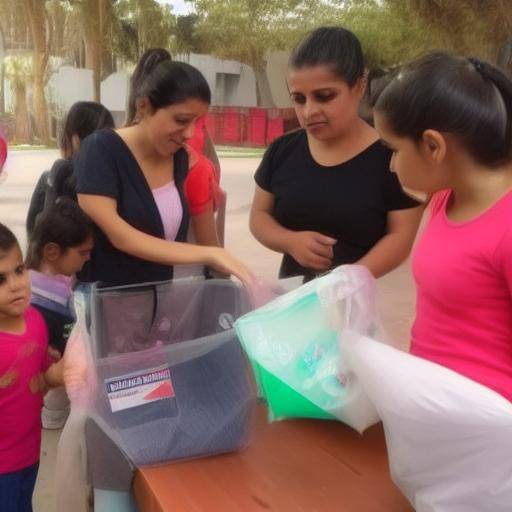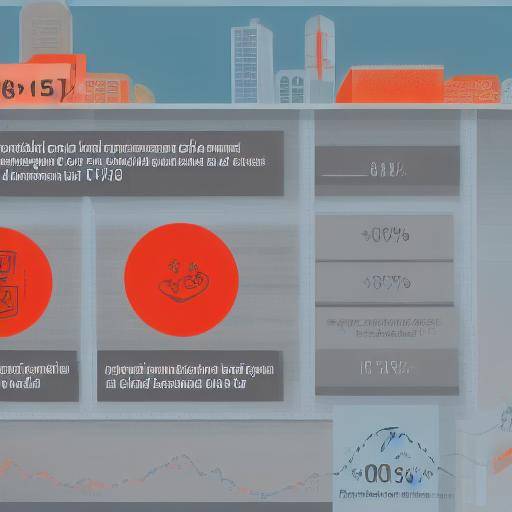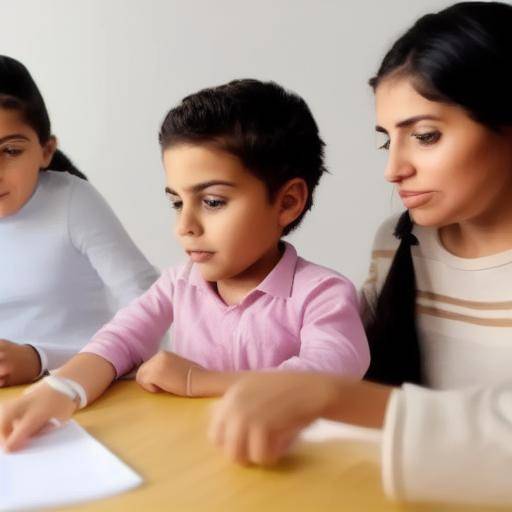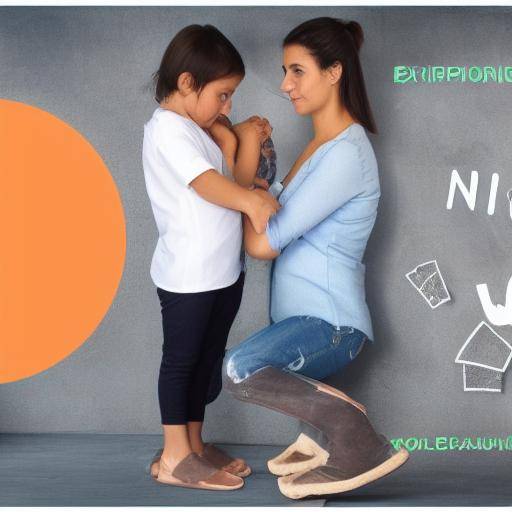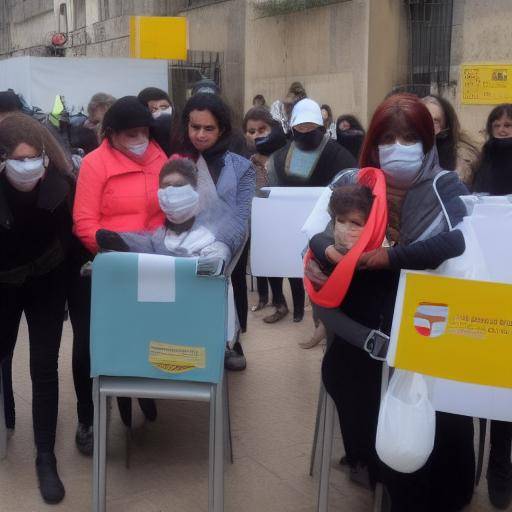
Family holidays offer a unique opportunity to involve children in financial education issues in a fun and practical way. Taking advantage of this time together not only strengthens family ties, but can also be a valuable learning experience for the youngest. In this article, we will explore how family vacations can become an opportunity for financial education for children, providing concrete examples of how to carry out this learning and the positive impact it can have in the long term.
Learning: Beginning Financial Education During Holidays
Often, family vacations are the perfect time to introduce children into the world of finance. From planning the trip to making financial decisions during the stay, every step of the process can be a valuable lesson for children.
The Budget Value: A Practical Example
During travel planning, involving children in budgeting is an excellent way to teach them about the importance of financial planning. For example, by including them in the discussion on transportation costs, accommodation, activities and meals, they are learning to prioritize expenses and make responsible financial decisions. This active participation allows them to understand how the choices they make affect the overall budget of the journey.
Shopping and Comparisons: A Practical Example
During holidays, shopping becomes a perfect opportunity to teach children about the value of money, the importance of comparing prices and making informed decisions. Involving children in choosing souvenirs, gifts or activities based on an established budget allows them to experience in a practical way the impact of their financial choices.
The Saving and Reward: A Practical Example
Encouraging children to save for a special souvenir or for a unique experience during the journey, they are being taught the value of savings and delayed gratification. This action allows them to feel the sense of achievement by achieving a specific goal with their own effort, promoting a deeper understanding of the financial administration.
Example: The Importance of the Model to Follow
Parents and caregivers play a key role as models to follow in the process of financial education for children during holidays. Their actions and attitudes towards money significantly influence the perception and financial habits of children.
Financial transparency as education
By sharing family financial decisions openly, such as the choice of economic activities on vacation, children can learn the value assigned to money and the importance of considering options before spending. The example of responsible financial administration established by parents provides a real and concrete model that children can follow.
Involve children in financial decisions
Allowing children to participate in financial decisions during vacations, such as choosing a restaurant that fits the family budget or compares souvenir prices, gives them the opportunity to practice decision-making skills and evaluation options. These practical experiences form a solid basis for the development of financial skills in the future.
Value of savings and planning
When children see their parents save for a trip or strategically plan activities to maximize their value, they learn about the importance of savings and long-term financial planning. These concrete examples show how financial decisions can lead to more successful experiences and provide a framework for their own future financial behaviour.
Impact: Promote Long-term Healthy Financial Habits
Financial education during family holidays can have a significant impact on the long-term perspective and financial skills of children. These experiences not only provide them with practical knowledge, but also shape their attitudes towards money and provide them with the tools necessary to make informed financial decisions in the future.
Promotion of financial responsibility
By experiencing financial decision-making in a practical way during holidays, children learn to be cost-conscious, to evaluate options and to set priorities. These skills are fundamental to promoting financial responsibility in their adult lives, allowing them to make informed decisions and control their financial well-being.
Savings and planning mentality
Savings and planning lessons learned during family holidays provide the basis for a healthy financial mentality. By understanding the value of savings and planning at an early age, children are better prepared to face future financial challenges and build a solid financial future.
Promoting financial autonomy
By empowering children with financial skills during holidays, they are provided with the basis for greater financial autonomy in the future. This autonomy allows them to make informed financial decisions, manage their resources effectively and create a solid basis for their financial well-being throughout their lives.
Conclusions and FAQs
In short, family vacations represent an invaluable opportunity to provide financial education to children in an interactive and meaningful way. Through practical examples and experiential learning, you can inculcate healthy financial habits that will last throughout your life. By providing a positive model and fostering financial responsibility, parents and caregivers can have a lasting impact on the economic future of their children.
Frequently asked questions
What is the best way to involve children in financial decisions during holidays?
Involving children in family budget planning and allowing them to participate in specific financial decisions, such as budget-based activities, is an excellent way to promote their active participation in financial decisions.
How can I teach my children about the value of savings during holidays?
To encourage children to save for a special souvenir or an activity during holidays allows them to experience in a practical way the value of savings and deferred gratification.
How can I model positive financial behaviors for my children during holidays?
Showing financial transparency when making financial decisions and sharing the reasons behind these decisions gives children a concrete example of responsible financial administration.
What is the long-term impact of financial education during family holidays?
Financial education during vacations can foster long-term healthy financial habits, promoting financial responsibility, the savings and planning mentality, and financial autonomy for children.
What action can I take to strengthen the financial education of my children after vacation?
After the holidays, you can continue to strengthen your children's financial education by involving them in everyday financial decisions, such as managing tables or saving for future events.
How can I address financial education if my family finances are limited?
Even with limited financial resources, you can teach your children about the importance of responsible financial administration, prioritization of expenses and making informed decisions during holidays.
This article has provided detailed information on how family vacations can be a valuable opportunity for financial education for children, highlighting practical examples and the long-term impact of such learning. By involving children in financial decisions and providing a positive model, parents and caregivers can promote healthy financial habits that will last throughout their children's lives.















